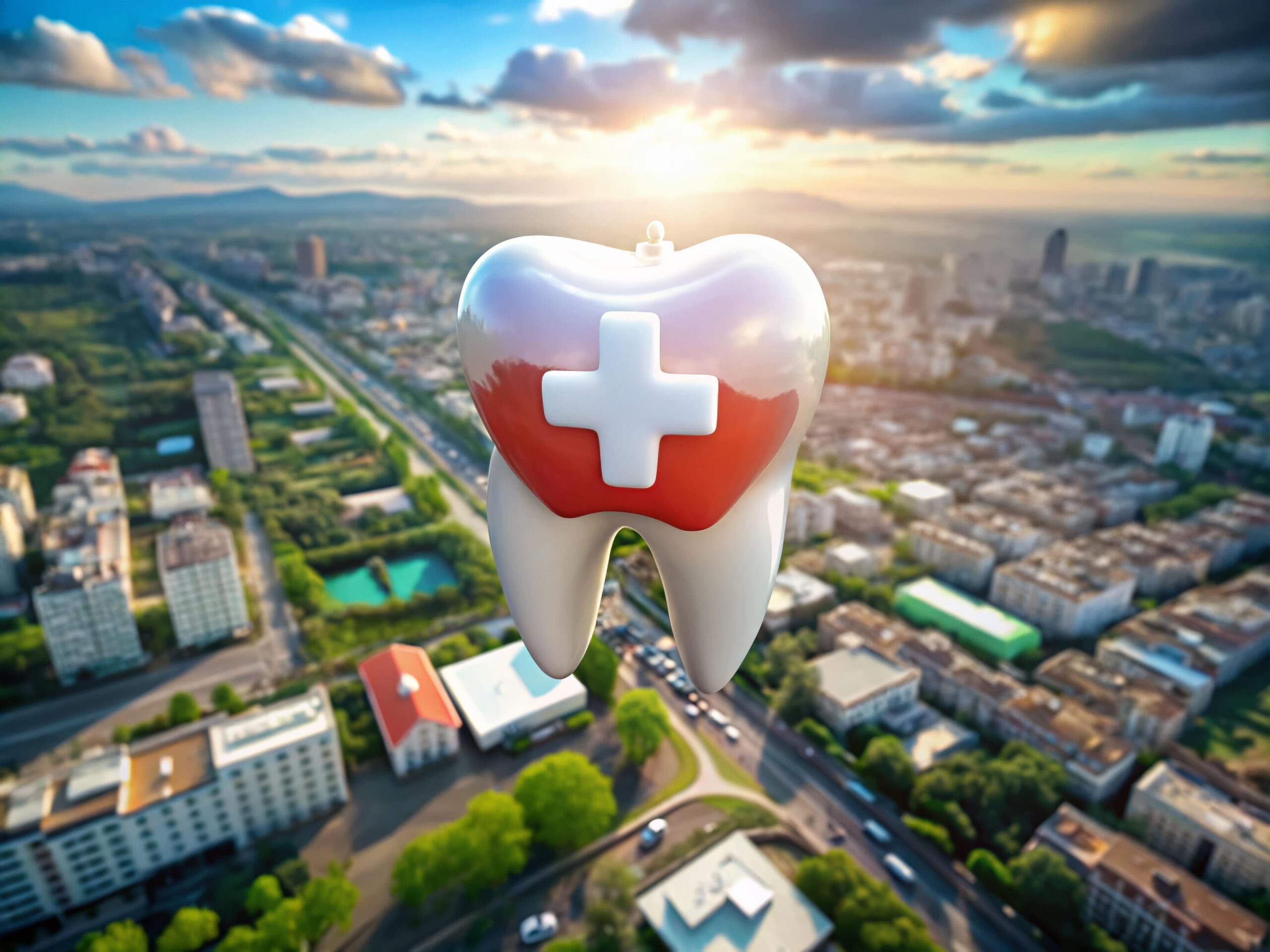Dental health is important to your overall health. Teeth are essential to maintaining a healthy diet because tooth issues or missing teeth can keep you from eating certain foods. Poor dental health can also mean more mouth bacteria which can enter your bloodstream and cause infections in other parts of your body or lead to certain diseases.
This makes getting regular dental care and cleanings critical. However, if you have an urgent dental need, you may not be able to get to a dentist right away for a variety of reasons. This lack of access leads some people to go to urgent care for dental issues.
But can urgent care help you with dental health? This article will explain what you can expect if you go to an urgent care for dental services.
What Is Urgent Care?
Urgent care facilities are intended to fill the gap between a visit to a doctor’s office and going to the emergency room. As the name implies, they cover urgent medical problems, but not life-threatening emergencies. Urgent care providers, for example, can treat minor injuries or illnesses and certain types of infections.
These are problems that a primary care physician can handle, but it’s not always possible to get in to see your doctor right away. Urgent care centers generally have extended hours and allow walk-ins without an appointment, so they are a good option when you can’t get to your doctor’s office immediately.
Dental Services at an Urgent Care
So, can urgent care handle dental needs? Urgent care centers rarely have a dentist on staff, but they can treat emergency dental issues with temporary fixes. For example, they can prescribe antibiotics for dental infections, or pain medication for toothaches.
Here are some of the dental issues that can be treated at an urgent care.
Toothaches
Toothaches can have many causes and may be accompanied by swelling and a fever. At an urgent care, your provider will examine your tooth to determine the likely cause and may prescribe pain medicine and antibiotics if necessary. They will then refer you to your dentist if you have one, or another dental provider if you don’t. The dentist will then address and treat the cause of the toothache.
Broken Teeth
Teeth can break due to biting on something hard, or some kind of trauma to the tooth. This can be painful in some cases, so again, an urgent care provider can assess the damage and prescribe pain relief medication.
Abscessed Teeth
An abscess is a pocket of pus caused by a bacterial infection and can occur near a tooth, sometimes around the root of the tooth. Abscessed teeth can cause:
- Severe pain that radiates to areas away from the tooth, such as the jaw and neck
- Sensitivity to heat or cold
- Fever
- Swelling in the area of abscess and in the face or neck
- Bad breath
The urgent care provider will prescribe antibiotics and pain relief and advise you to see a dentist as soon as possible.
Lost Fillings
Fillings can become dislodged from the tooth which can cause pain or sensitivity. The urgent care can provide pain relief and refer you to a dentist that can replace your filling.
Periodontitis
Periodontitis is a gum infection that can cause pain, swelling, and bleeding. The urgent care can prescribe pain relief and antibiotics. A dentist can then provide longer term treatment when necessary.
When to Go to an Urgent Care for Dental Issues
If you cannot see a dentist right away because it’s after hours, or you can’t get an appointment right away, urgent care is an option. You should go if you’re in pain and over-the-counter remedies are not working, or if you suspect that you have an infection because of swelling and/or fever. If you’re not having these issues, you can likely just make an appointment with a dentist.
Emergency Dental Clinics
In many areas, there are emergency dental clinics or dental practices that offer 24-hour emergency care. If you have access to either of these, they are a better option than urgent care because they are able to fully treat your dental issues. However, some insurance plans don’t cover emergency dental care, but they may cover urgent care services for pain and infection.
Check with your insurance provider before you go, but don’t suffer unnecessarily. Infections, in particular, need to be addressed as soon as possible, so you should get treated even though you may get a bill.
In Closing
Urgent care facilities can help you with your dental health, but only to a certain extent. They are not a substitute for getting regular dental care and cleanings, which are extremely important and can prevent emergency dental situations from occurring.
If you have a dental issue and need help determining your best option for care, give us a call. We are here to help.


